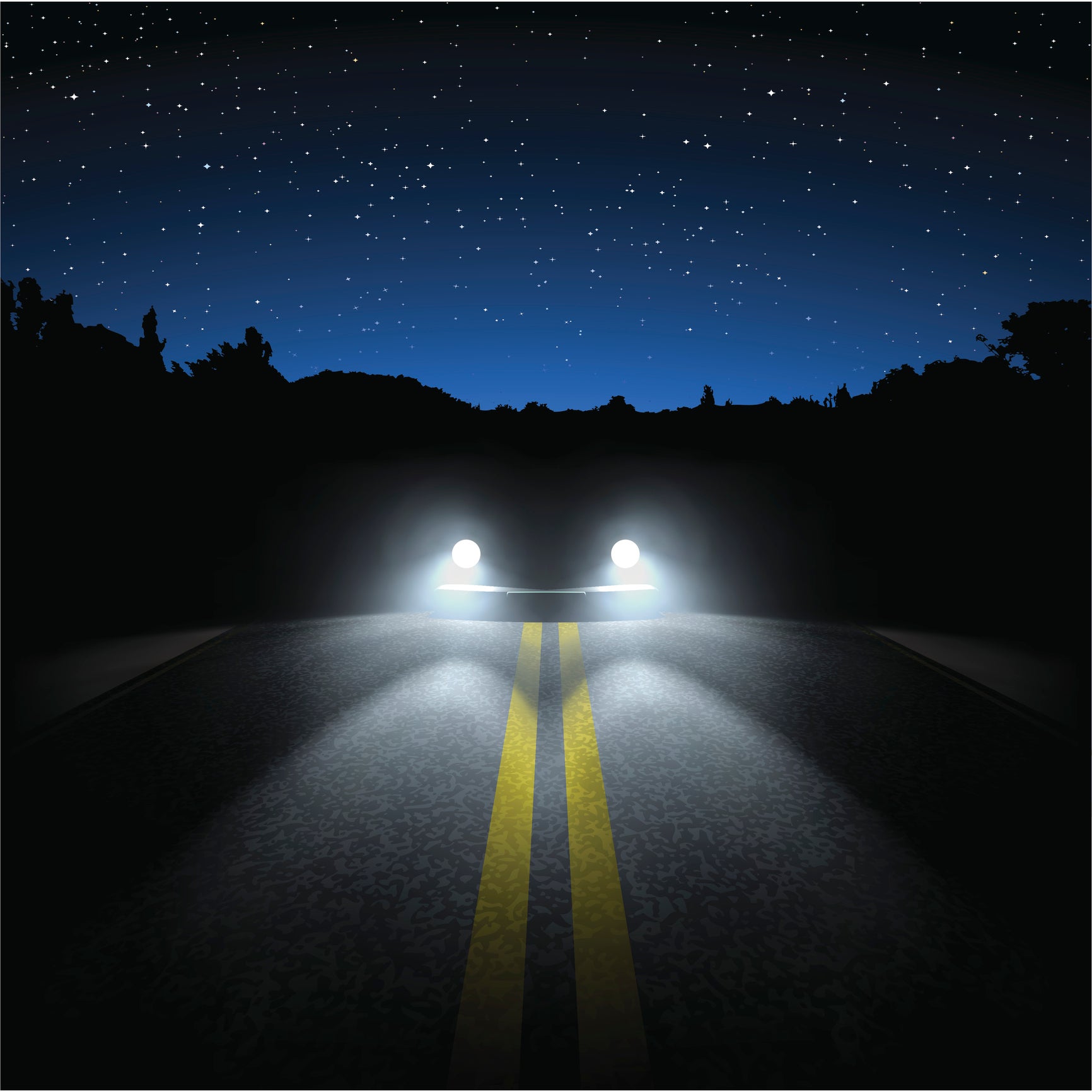I am not sure precisely when I realised something was amiss.
I was driving home from a meeting in Bury St Edmunds on Thursday evening, a longish journey but along roads I knew well, Radio 2 jangling in the background. I went through the Hatfield Tunnel, marvelling as I always do at the fact that the radio reception doesn’t cut out, before taking the slip lane towards the A414. Everything seemed normal.
At the roundabout, the traffic lights were out, but everyone was behaving decently and the traffic wasn’t especially heavy anyway, so it wasn’t a big deal. I didn’t think anything of it. But half a mile on, another set of lights weren’t working, and then another. Nor, when I came to consider it, were any of the street lamps on. A petrol station was in pitch darkness.
I assumed that at any minute the lights would ping back into life, or that I would drive into an area not affected by the power failure. But with each mile I drove, the more unsettled I felt; the pop tunes babbling from the dashboard at odds with my sense of unease. At every roundabout, there was a strange vehicular dance, as cars and lorries worked out how to take turns nicely in lieu of any regulating lights. More shrouded petrol stations came and went; in some I saw cars parked up, drivers unable to fill tanks or pay for fuel.
By the time I got to the M25, illuminated only by the headlights of moving traffic, I had convinced myself that this could be no ordinary power cut. Rather, I thought, it must be some sort of cyberattack by Russia, aimed at causing chaos across the UK. I imagined the whole of the country blacked out, cars snarled in jams, households plunged into darkness.
I’d had the same thought just a couple of weeks ago, when there was a brief outage in the area around my home. But the electricity had come back on within a minute or two, and I had laughed at myself for even considering the idea. This time though, with the cut so much more severe, I couldn’t shake the notion. I expected a news announcer to break into Kylie’s “Can’t Get You Out of My Head” to tell me in grave tones that we were in the midst of an internet assault on key infrastructure.
Just then, I saw a streetlamp blazing; a single one among others that were out. A little further on was another in working order, then another, and finally everything was back to normal. My freezer would not, after all, be thawing; my heating would be on when I got home; and I ran no more risk of pranging the car at the next uncontrolled roundabout.
I did, even in the moment, have the wherewithal to appreciate how trifling my anxiety was, compared with the very real fear of death that exists for the people of Ukraine. Yet when I looked at social media later in the evening, I saw I was not alone in imagining that the power cut had been the work of the Russian state. And after all, with Boris Johnson having earlier that day been branded by the Kremlin as the most active anti-Russian leader, it hardly seemed an unreasonable suggestion.
Once or twice in the past couple of weeks, when I have heard low-flying aircraft in unusual vicinities, I have paused to wonder whether it is something more suspicious than an easyJet plane being told to wait for a landing slot at Luton airport. And I have realised that we are once again living with the low-grade angst that the Cold War generation grew used to in the decades between the end of the Second World War and the fall of communism.
We too may have to get used to this new reality. But it is at least a better reality than the one faced by the residents of Mariupol – or what’s left of it.



Join our commenting forum
Join thought-provoking conversations, follow other Independent readers and see their replies
Comments